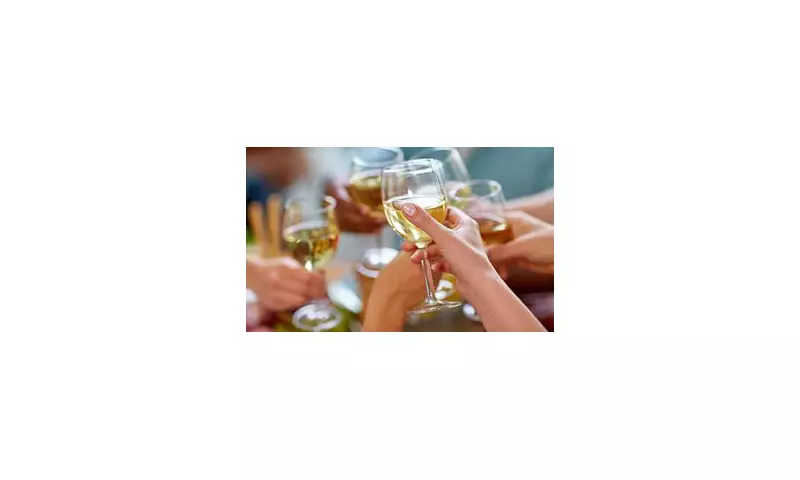
That familiar feeling of dread and anxiety after a night of drinking now has a scientific explanation, and your choice of beverage could be making it significantly worse. Groundbreaking research has uncovered why certain alcoholic drinks, particularly white wine and spirits, trigger what experts are calling 'hangxiety' - a potent cocktail of post-drinking anxiety and emotional volatility.
The Science Behind the Shakes
According to leading researchers, the connection between specific alcoholic drinks and heightened anxiety comes down to how different beverages affect our brain chemistry. Dr. Alistair Mitchell, a neuroscientist specialising in substance effects, explains: "White wine and spirits contain higher concentrations of certain compounds that disrupt neurotransmitter balance more dramatically than other alcoholic drinks."
This disruption particularly impacts GABA receptors in the brain, which are crucial for maintaining calm and emotional stability. When these receptors are overstimulated then suddenly deprived of alcohol's effects, the resulting chemical imbalance can trigger severe anxiety symptoms.
Why Women Are More Vulnerable
The research reveals women experience these effects more intensely due to physiological differences. Women typically have lower levels of the enzyme that breaks down alcohol, meaning toxins remain in their system longer and at higher concentrations.
Dr. Sarah Jenkins, who led the study, notes: "We found female participants reported significantly higher levels of post-drinking anxiety after consuming white wine and spirits compared to male counterparts. The emotional hangover wasn't just psychological - we measured physical stress responses that confirmed their subjective experiences."
From Anxiety to 'Rage Drunk'
Beyond anxiety, many women reported experiencing what's being termed 'rage drunk' episodes - sudden outbursts of anger or irritability during or after drinking sessions featuring white wine or spirits.
One study participant described her experience: "I'd have two glasses of white wine and suddenly find myself in arguments over trivial matters. The next day I'd wake up with crushing anxiety about what I'd said or done, creating a vicious cycle of drinking to calm the anxiety that the drinking itself had caused."
Breaking the Cycle
Experts suggest several strategies for those struggling with alcohol-related anxiety:
- Alternate your drinks: Switch to lower-anxiety options like red wine or beer during social occasions
- Hydrate strategically: Drink one glass of water for every alcoholic beverage
- Eat before and during: Food slows alcohol absorption and reduces peak blood alcohol levels
- Know your triggers: Keep a drinking diary to identify which beverages cause the worst after-effects
- Seek professional help: If alcohol anxiety is affecting your life, consult a healthcare provider
As awareness grows about the mental health impacts of different alcoholic drinks, many are reconsidering their drinking habits. Understanding that your choice of tipple could be the difference between a pleasant evening and days of emotional turmoil might just change how we all approach social drinking.





